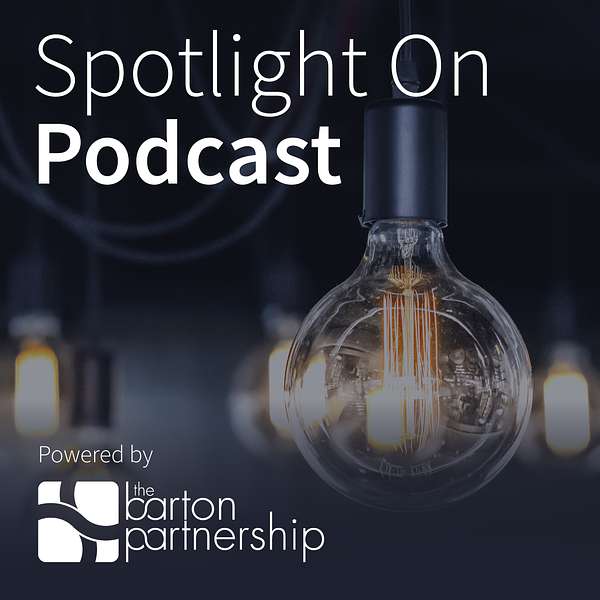
Spotlight On Podcast
Spotlight On Podcast
Spotlight On with Bridget Walsh, Global Head of Private Equity at EY
In this episode of Spotlight On, we sit down with Bridget Walsh, EY's Global Head of Private Equity (PE), who takes us through PE's remarkable journey, drawing on her vast experience leading PE professionals across 45 countries.
Bridget reveals insights about the current state of private equity, highlighting that 78% of firms are holding assets beyond their typical investment horizons, creating what she describes as "a pent-up wall of exits" awaiting the reopening of IPO markets. We talk about the heightened focus on strategic exit preparation, with firms increasingly investing in data readiness, management team preparation, and clear exit roadmaps.
The conversation explores technological disruption, particularly Generative AI. Bridget presents a thought-provoking hypothesis on private equity's technology adoption, also talking about regional investment and vividly depicts the increasingly interconnected global capital ecosystem. Certainly not one to miss!